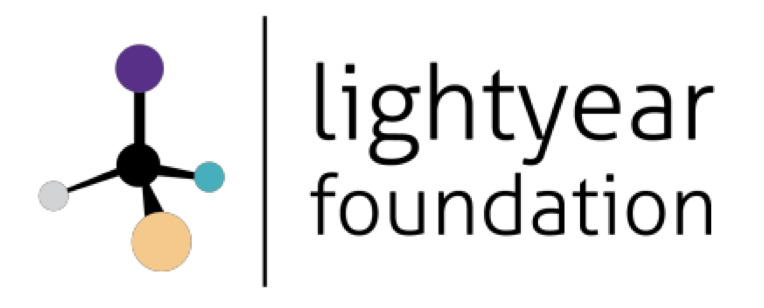ROle Models
ALEXIA ALEXANDER WIGHT
Job Title: Trainee Science Teacher and Physicist
Disability: Mental Health Disability
Why did you want to work in STEM?
I’ve always been very curious. When I was a child, I answered this through fiction and mythology, but as I got older I started to gravitate towards science. Not only did it answer my curiosities of the world around me, but a lot of it was just as amazing and imaginative as any of the myths and novels I had been reading! This was one of the reasons I fell in love with particle physics – it answers so many questions about the universe, but it is also so different and strange compared to the everyday world we see around us, which I find fascinating. My favourite particle, the neutrino (which is what I’ve focussed most of my studies on) is delightfully strange – it can change what type it is as it flies through space – and is almost invisible to us, which are some of the reasons I love it so much! (Plus, it has a poem written about it, which is always a big selling point for me!).
What’s your favourite thing about your job or about working in STEM?
When I’m teaching, the thing I love most is getting my students excited about science. I recently got to teach space to my Year 7s, and I was so hyped up to teach it! Astronomy is such an awe-inspiring subject: the scale of it all is just so hard for us to imagine, and I had a lot of fun getting them to guess things like how long it would take to drive from the Sun to Neptune, or out of the solar system (5000 years and 79 million years respectively) and then seeing the amazement on their faces (and the one kid who then went “but Miss, you’d be dead by then!”. They all got so into the subject, and my last lesson with them was when they brought in their solar system models, and it was just so fantastic to see the time and effort they had put in, and how engaged they were with it all. I was also ridiculously proud of them, and probably told half the science teacher in the school to go check it out, and have shown the pictures to several of my friends! Imparting that enthusiasm and love of the universe to students is one of the reasons I always knew I would want to teach.
When I’m researching and studying physics, one of my favourite things is piecing together all the different bits and pieces that I’ve learnt to form the bigger picture – to tease out hidden meanings and discoveries and possibilities that lie within the science. Particle physics is really great for this, as the things you’re trying to measure are so infinitesimally small that most of what you learn about them isn’t from direct observation (you could never, for instance, take a picture of a particle) but by observing how they interact with the world around them.
What are your top tips for a disabled young person interested in STEM as a career?
If you want to be a scientist, then you can be. Don’t give up, and keep fighting for what you want, even when it may start to feel difficult. I spent several years out of education, or repeating years, due to my disability, and whilst at times that did at times make my journey into STEMM more tricky, it was so definitely worth all the hard work and time I put in. Find people who will support you and lift you up in your journey within science, and if possible, try to find people who have gone through similar things to you. One of the things I found so useful and amazing was having a mentor who had a chronic illness, because she really actually understood where I was coming from, and was able to help me in far more relevant ways than a lot of the people around me. Remember, also, that science – and anything – works best when there are lots of different types of people from lots of different backgrounds contributing unique and creative ideas, so go and have fun, learn loads, and become the best scientist you can be!
Science is such an immense and amazing subject that I truly believe is has space and interest for everyone to get involved in it! Also, remember that science isn’t just one-dimensional, like it often seems in the media: yes, it is logical and analytical, but it’s also hugely creative and imaginative! There’s so much you can do with science, and there are so many places it also crosses over into other subjects too: one of my favourite things is scientific art and literature, and I love seeing and reading artworks inspired by science! (I even occasionally try to make my own!)


